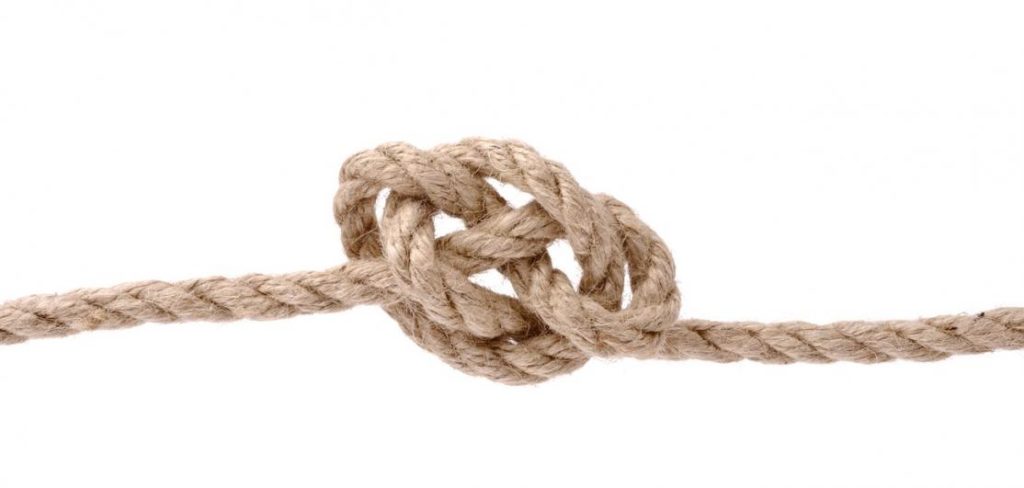
Lenders are showing more tolerance for riskier mortgage applicants, lower credit scores, higher debt-to-income ratios, and smaller down payments, according to a new report from the Urban Institute’s Housing Finance Policy Center. In some cases, lenders are even reaching out and encouraging borrowers who have previously been rejected for a mortgage to try again.
In particular, the Federal Housing Administration, Department of Veterans Affairs, and the Agricultural Department’s rural home loans program have pushed risk to the “highest level since 2009,” notes the Urban Institute’s latest quarterly credit availability report.
However, not all lenders are loosening their policies. Laurie Goodman, vice president of the Housing Finance Policy Center, says she’s not alarmed because current lender risk levels continue to remain well below historical norms. She notes that they remain below what she considers “reasonable lending standards” from 2001 to 2003. “Significant space remains to safely expand the credit box,” Goodman notes in the report.
However, some financial experts are concerned that lenders may be overstretching themselves, as they did during the prerecession days. “I have definitely noticed a fast uptick in creative [loan] products coming out,” John Meussner, executive loan officer with Mason-McDuffie Mortgage in San Ramon, Calif., told The Washington Post. He says he’s noticed lenders are more willing to accept lower FICO scores and solicit applications with scores in the mid-500s who also have a low down payment. “Recently, we saw one investor roll out a product, offering up to $2 million in financing for FICO scores down to 600,” he told the Post. The loan permits borrowers to make a late payment on their mortgage within the past 12 months; have credit blemishes like a bankruptcy or foreclosure; and requires borrowers to have only three months of reserves for loan amounts to $1 million. Meussner says loans like that are similar to those that lenders pushed prior to the housing crisis.
However, other lenders say banks are still mostly being cautious. “They continue to scrutinize applicants and their documents in unbelievable detail,” Paul Skeens, president of Colonial Mortgage Group in Waldorf, Md., told the Post, adding that the company’s defaults remain very low.
Source: “Home Lenders Are Becoming More Friendly to Riskier Applicants,” The Washington Post (May 1, 2019) and “Housing Credit Availability Index,” Urban Institute (April 19, 2019)
